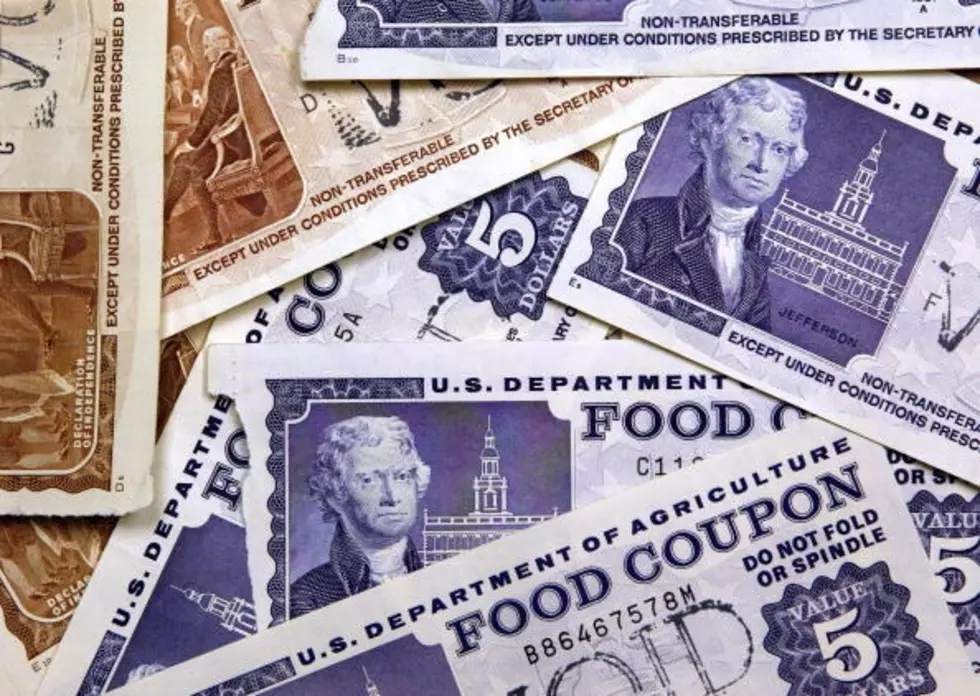
Four New Laws To Crack Down On DWI
Governor Jindal signed four bills into law yesterday that will help crack down hard on DWI in Louisiana. The four bills are HB 781, SB 306, SB 485, and SB 486.
After signing the bills, Governor Jindal said, “These new laws build on our past efforts to make Louisiana’s communities safer by enhancing penalties for multiple offenses and giving law enforcement officials more flexibility to remove drunk drivers from the road.”
Each law addresses separate parts of the issues that come along with driving under the influence.
HB 781 gives officers the right to use multiple tests in order to assess a driver's impairment. The bill, submitted by Representative Seven Pylant, states that breathalyzer tests cannot detect the presence of drugs so officers can now perform another test to see if the driver is under the influence of drugs. The law also states that if the driver refuses the test that it could give rise to suspension of the offender's license.
SB 306, by Senator Bodi White, extends the ten-year period that makes the penalties enhanced for repeat offenders of drinking and driving. This law in primarily focused on offenders on parole. The law entails that the ten year period that is focus on DWI offenders be completely separate from the time a person is on probation. To put it into perspective, a person can have five years of probation which call for more harsh penalties if the person is caught drinking and driving again. Then after those five years are served, the ten years of elevated penalties begins right after that, leaving the offender with 15 years total of elevated penalties.
SB 485 calls for any detectable amount of illicit drugs in a person's blood a contributing factor to vehicular homicide. The bill, by Senator Jonathan Perry, states that many people drive the under the influence of drugs and this new law will be assisting prosecutors. Offenders who have committed vehicular homicide will be easier to convict with this law passed.
SB 486, also by Senator Jonathan Perry, looks at people with three DWI offenses who are enrolled in drug courts. The bill also looks at the restrictions of driving privileges for multiple offenders. The first part of the bills states that DWI offenders enrolled in DWI or drug court must report to work and be subject to heavy supervision. The law states that judges can revoke the offenders from even having breathalyzer starters in their cars for just driving to and from work or for attending meetings.
The second part of the bill states that repeat offenders who decline the tests during a stop in order to weaken evidence against them. The previous laws made it so that a offender could get their license reinstated if they were convicted of a lesser charge or not convicted at all in court. This requires that offenders go though an administrative driver's license hearing and can still get a interlock device installed on their car.
More From News Talk 96.5 KPEL


![Romero On The Right-Who’s To Blame For Louisiana’s Budget Crisis? [VIDEO][OPINION]](http://townsquare.media/site/36/files/2016/03/Ken-Romero-staff-photo-123115-BW.jpg?w=980&q=75)
![Romero On The Right-Who Is Responsible For LA’s Budget Deficit? [VIDEO][OPINION]](http://townsquare.media/site/36/files/2016/02/Ken-Romero-staff-photo-123115-BW1.jpg?w=980&q=75)


![‘Romero On The Right’ – Louisiana Budget [VIDEO][OPINION]](http://townsquare.media/site/36/files/2015/11/Ken-Romero-image-by-Kathy-Romero13.jpg?w=980&q=75)

